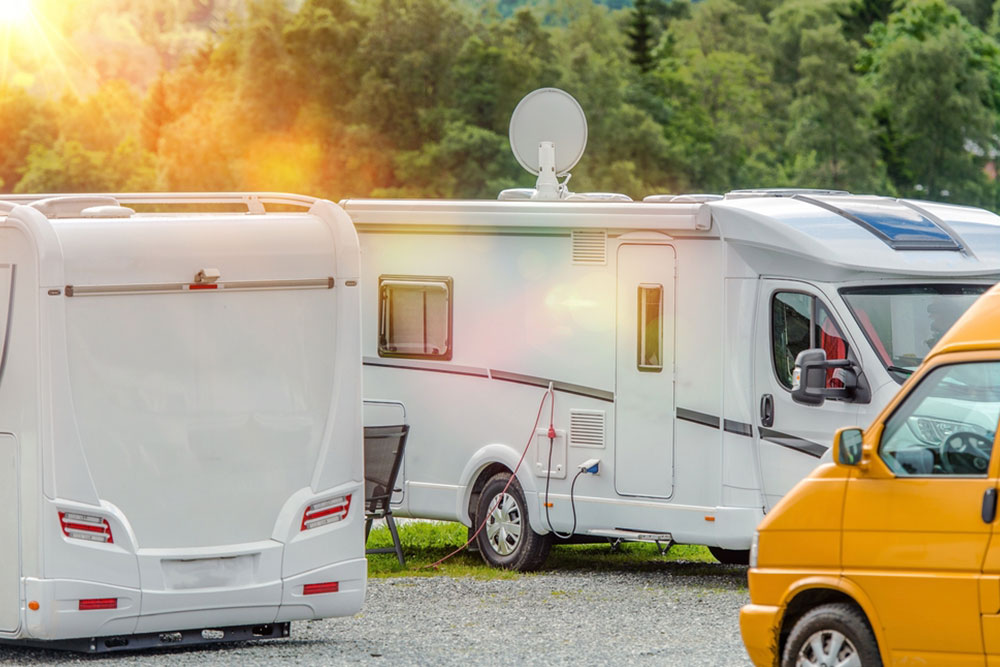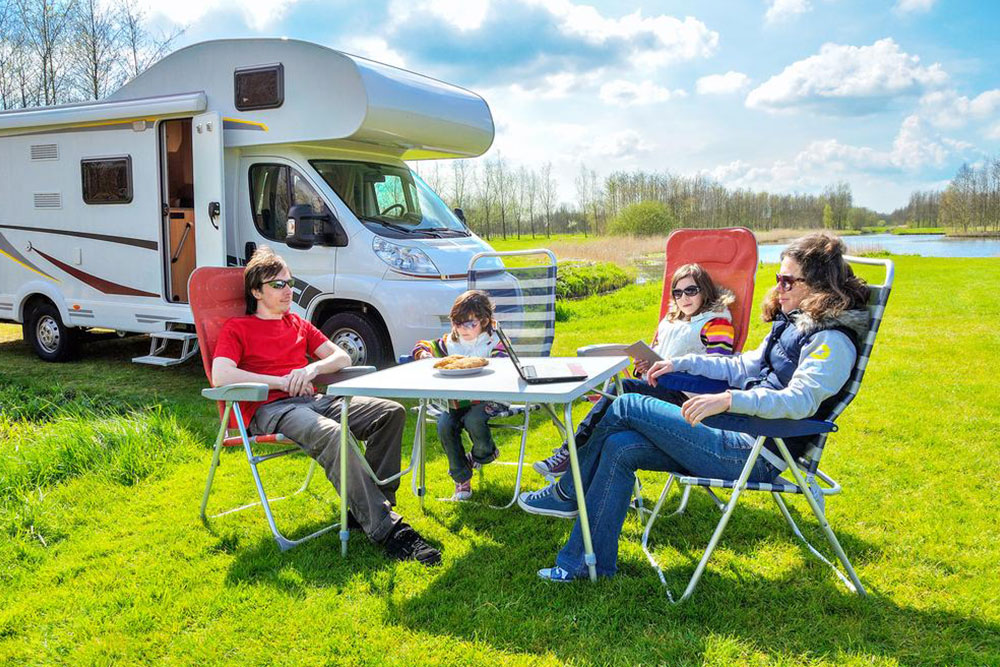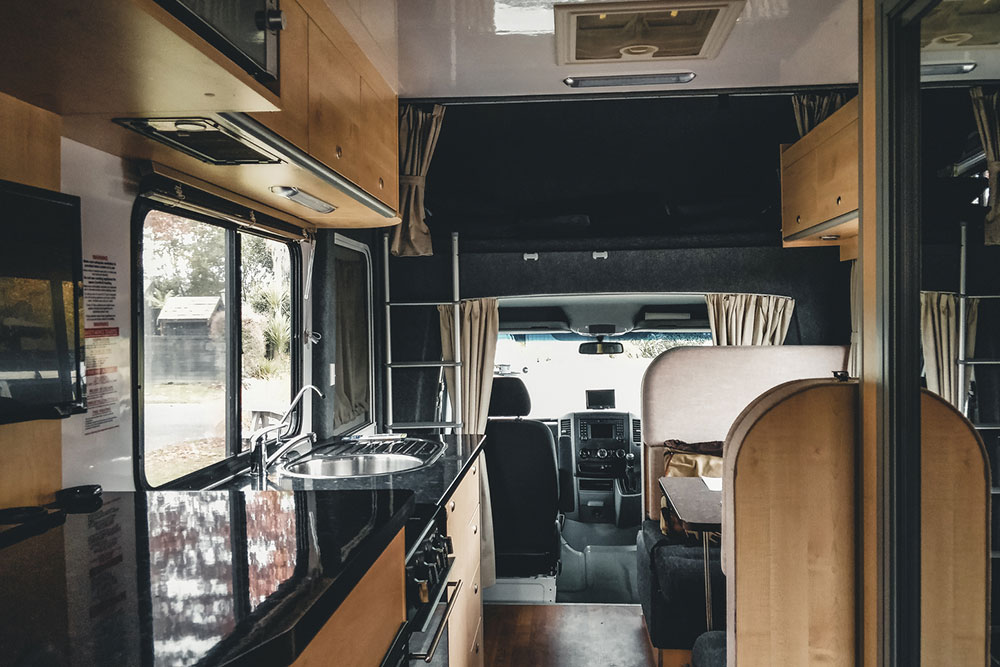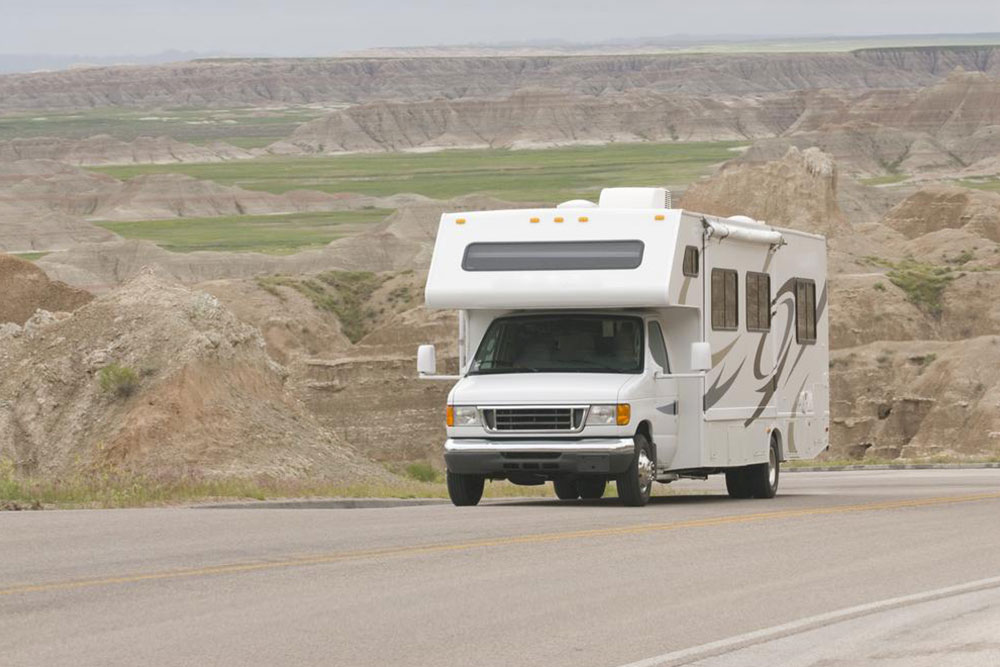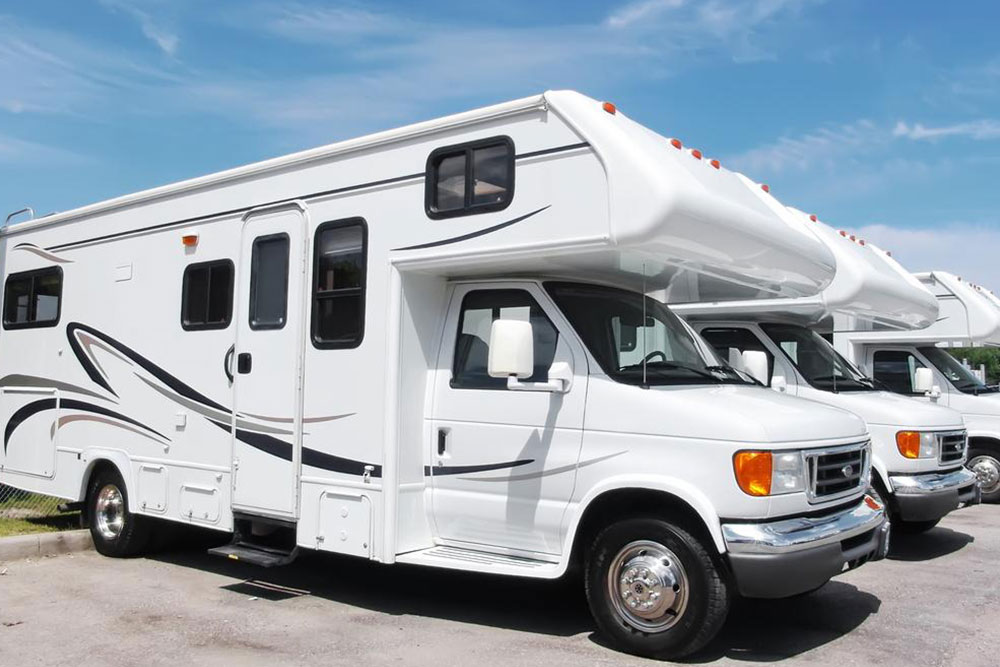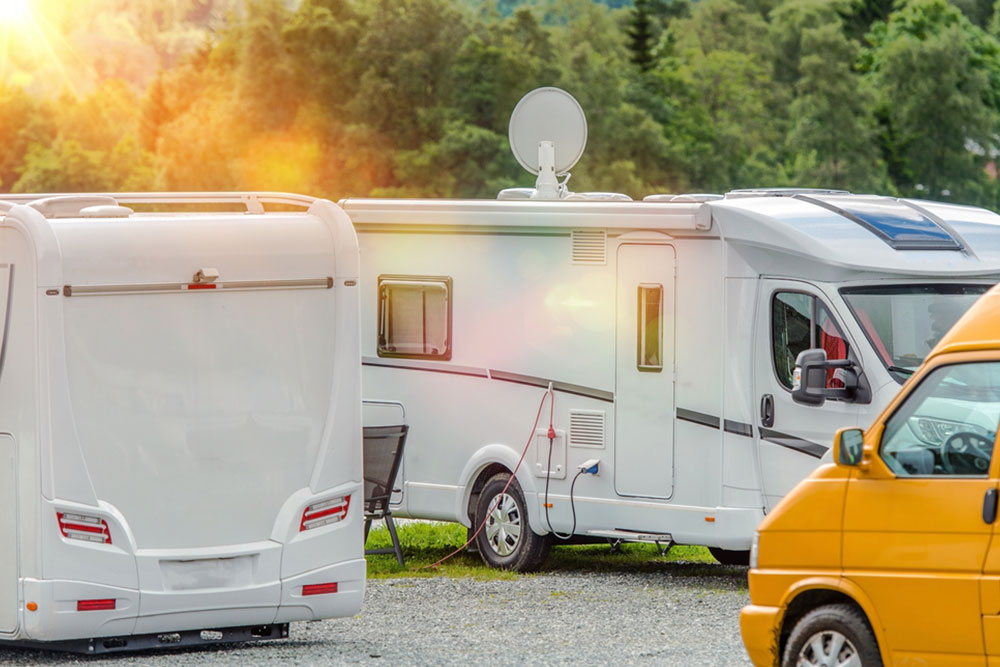Essential Strategies for Purchasing Reliable Used Camper Vans
Learn practical tips for buying a reliable used camper van. From researching models and inspecting for damages to negotiating prices and ensuring proper documentation, this guide helps you make an informed purchase. Expert inspections and online community advice can further secure your investment, leading to many enjoyable outdoor adventures with your new camper.
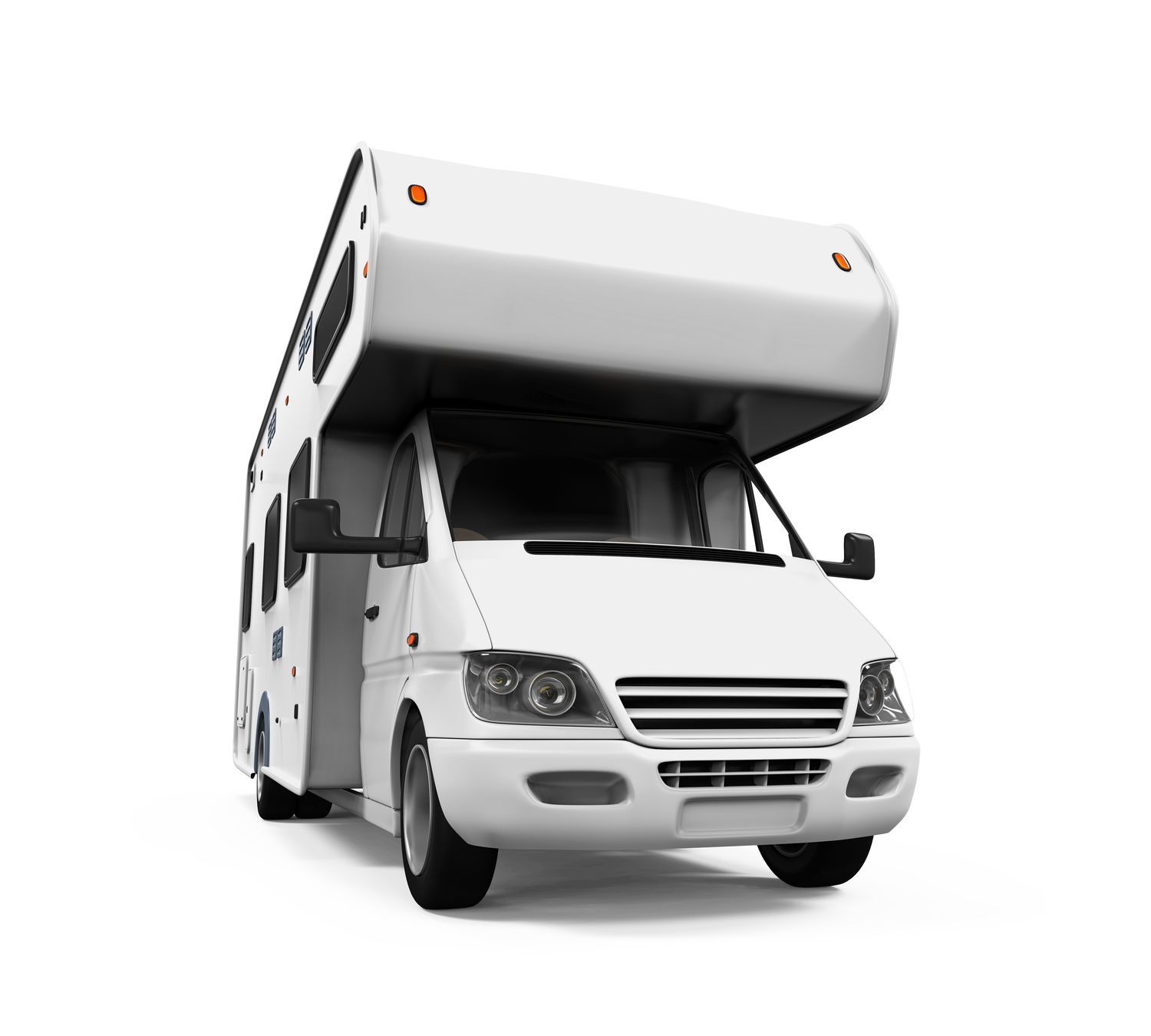
Essential Strategies for Purchasing Reliable Used Camper Vans
1. Clarify Your Requirements
Identify your camping needs before browsing. Think about:
Size and Layout: How many travelers will use the camper? Do you need separate sleeping areas, a full kitchen, or a bathroom?
Budget: Set a realistic budget, including potential repairs and upgrades.
Camping Style: Will you stay in established campsites with hookups or venture off-grid?
2. Research Various Models
Explore different brands and models to find one aligned with your needs and known for durability. Use online reviews, forums, and RV websites to learn about common issues and strengths. Pay attention to feedback from other owners to avoid potential problems.
3. Conduct a Detailed Inspection
Thorough checking is critical. Focus on:
Exterior: Inspect the roof, walls, and chassis for damage, rust, or leaks. Confirm seals around windows and doors are in good condition.
Interior: Look for water damage signs such as soft spots, mold, or discoloration. Test all appliances, plumbing, and electrical systems.
Mechanical Components: Check slide-outs, awnings, hitch mechanisms, brakes, and lights to ensure functionality.
4. Assess Water Damage Risks
Water intrusion leads to costly repairs. Examine the roof and interior corners for leaks, soft flooring, or stains. A moisture meter can help detect hidden problems.
5. Examine Tire Condition
Ensure tires are in good shape, with proper tread and no dry rot. Verify they match the camper’s load requirements and consider their age, as older tires can pose safety risks.
6. Confirm Ownership Details
Check for a clear title and matching VIN on the camper. Be wary of salvage titles or other red flags that may indicate prior damages.
7. Review Maintenance History
Request records of regular servicing and past repairs. Well-maintained campers tend to be more reliable and come with fewer surprises.
8. Get a Professional Inspection
Hire an RV inspector for a comprehensive assessment. This can highlight issues you might miss and save money on future repairs.
9. Negotiate the Price
Use insights from inspections and your research to negotiate effectively. Factor in repair costs to ensure the final price fits your budget.
10. Check Warranty and Insurance
See if any warranty coverage remains, or if extended warranties can be purchased. Also, explore insurance options to protect your investment and provide peace of mind.
11. Take a Test Drive
If the camper is motorized, test drive it to evaluate handling, engine performance, and noise levels. For towable models, ensure your vehicle can tow it safely and perform a trial tow.
12. Use Online Resources and Forums
Join RV communities and forums for advice and recommendations. Sites like RVTrader, Craigslist, and Facebook Marketplace are useful, but always verify seller legitimacy and avoid scams.
Purchasing a used camper van demands research, inspection, and patience. Following these tips helps ensure a sound investment, leading to many enjoyable camping experiences. Take your time, thoroughly evaluate options, and don’t hesitate to walk away if something doesn’t feel right — your ideal camper is out there.

